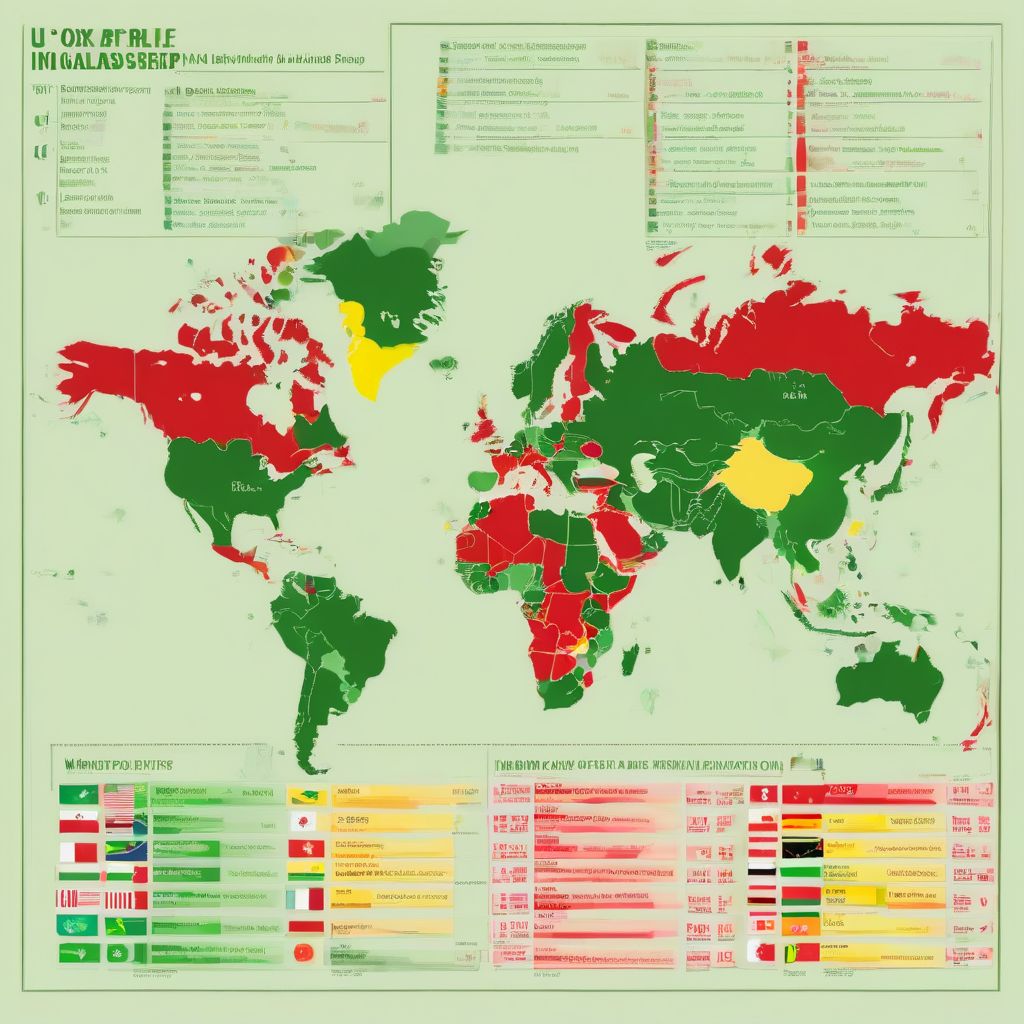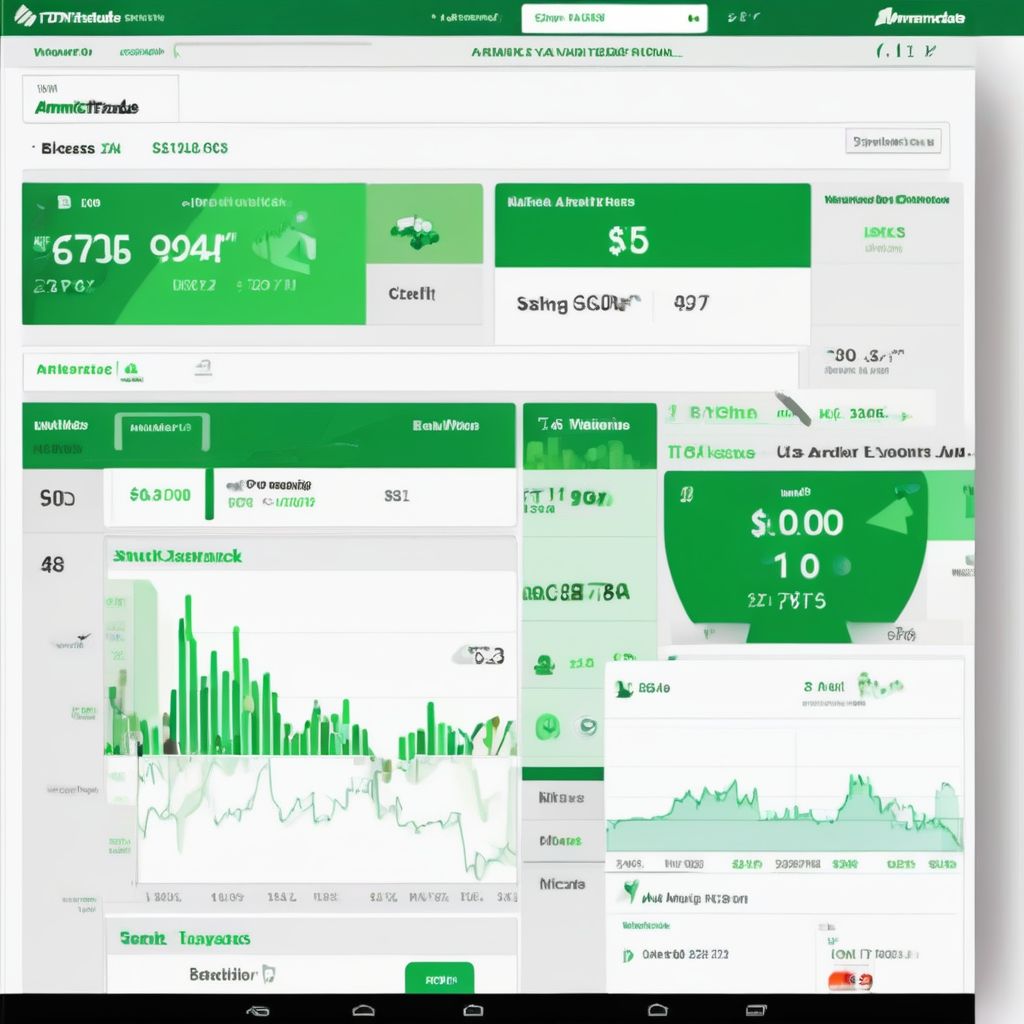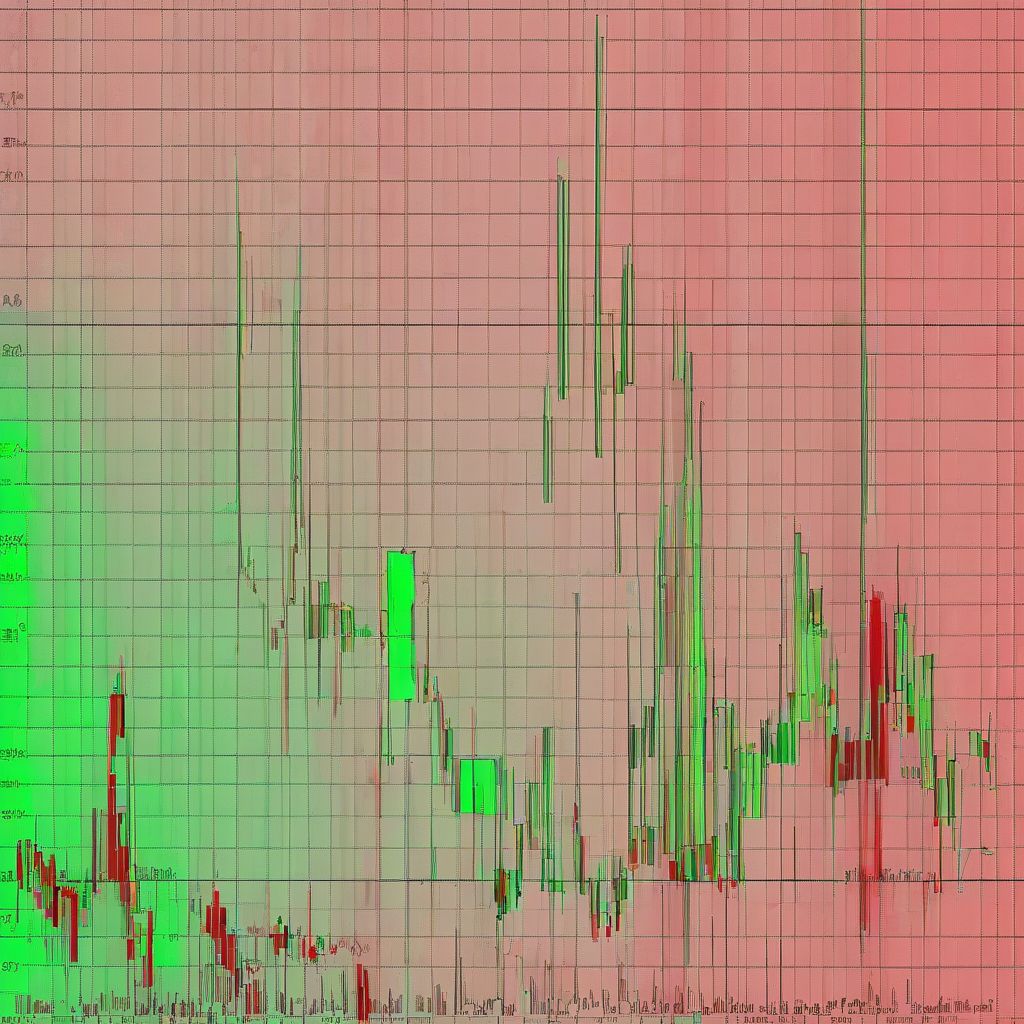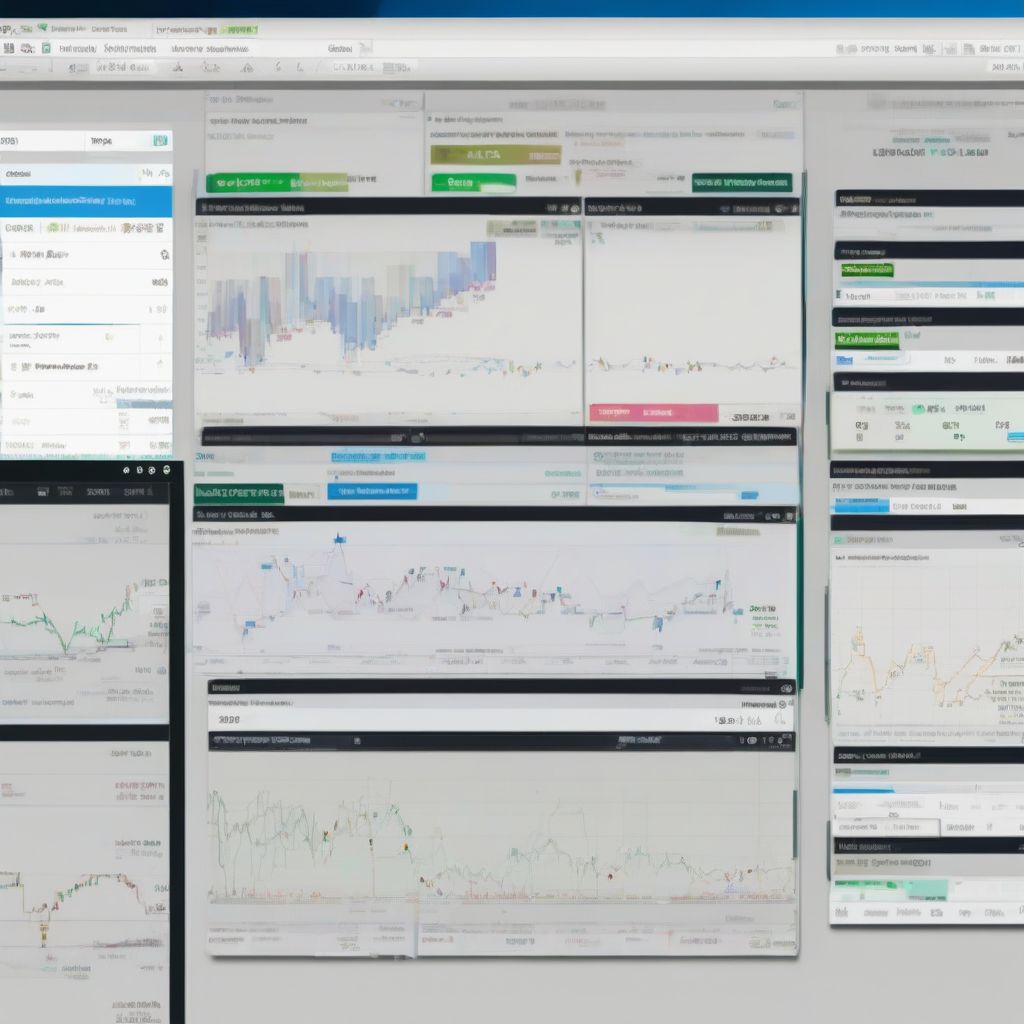Is Forex Trading Legal? A Comprehensive Guide
Have you ever wondered, “Can I really make money trading currencies?” or “Is forex trading even legal?”. The world of foreign exchange, often shortened to forex or FX, can seem mysterious and complex. This comprehensive guide will answer the burning question: Is Forex Trading Legal, and what do you need to know to navigate this exciting market safely and legally?
Understanding Forex Trading
Before we dive into the legality, let’s clarify what forex trading actually entails. Simply put, it’s the process of buying one currency while simultaneously selling another, aiming to profit from the fluctuations in their exchange rates.
Imagine you believe the Euro (EUR) will strengthen against the US dollar (USD). You would buy EUR/USD, hoping to sell it later when the Euro’s value increases, thus making a profit.
The Legality of Forex Trading
Now, for the million-dollar question: Is forex trading legal?
The short answer is: Yes, in most cases, forex trading is legal.
However, it’s crucial to understand the nuances. The legality of forex trading hinges on several factors, including:
- Your Country of Residence: Most countries allow forex trading, but some have stricter regulations than others. Certain nations may even impose outright bans or restrictions.
- The Broker You Choose: Selecting a reputable and regulated forex broker is paramount for legal and safe trading. Regulated brokers adhere to strict guidelines designed to protect traders.
Regulations Vary Worldwide
While generally legal, forex trading operates under different regulatory frameworks depending on the country. Here are some examples:
- United States: Forex trading is legal but heavily regulated by the Commodity Futures Trading Commission (CFTC) and the National Futures Association (NFA).
- United Kingdom: The Financial Conduct Authority (FCA) regulates forex trading, providing a high level of consumer protection.
- European Union: Forex trading is legal within the EU, with each member state having its own regulatory body overseeing financial activities.
- Japan: The Financial Services Agency (FSA) regulates forex trading, known for its stringent oversight.
Avoiding Forex Scams
Unfortunately, the forex market’s accessibility and potential for high returns have attracted scammers. Here are some red flags to watch out for:
- Guaranteed High Returns: Beware of promises of unrealistic profits with little to no risk.
- Pressure to Invest: Be wary of brokers urging you to invest large sums immediately.
- Unregulated Brokers: Always choose a broker regulated by a reputable authority.
trading.hoahocthcs.com/wp-content/uploads/2024/07/forex trading legal map-66a45f.jpg" alt="Forex Trading Legal Map" width="1024" height="1024">Forex Trading Legal Map
Tips for Trading Forex Legally and Safely
- Research Your Local Laws: Before you start trading, thoroughly understand the forex trading regulations in your country of residence.
- Choose a Regulated Broker: Opt for a broker licensed and regulated by a reputable financial authority.
- Educate Yourself: Invest time in learning the ins and outs of forex trading, including risk management and market analysis.
Conclusion
While generally legal, navigating the legality of forex trading requires careful consideration. By understanding your local regulations, choosing a regulated broker, and prioritizing education, you can confidently explore the exciting world of forex trading within a safe and legal framework.
Do you have any other questions about the legality of forex trading or other aspects of the market? Share your thoughts in the comments below!



